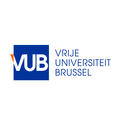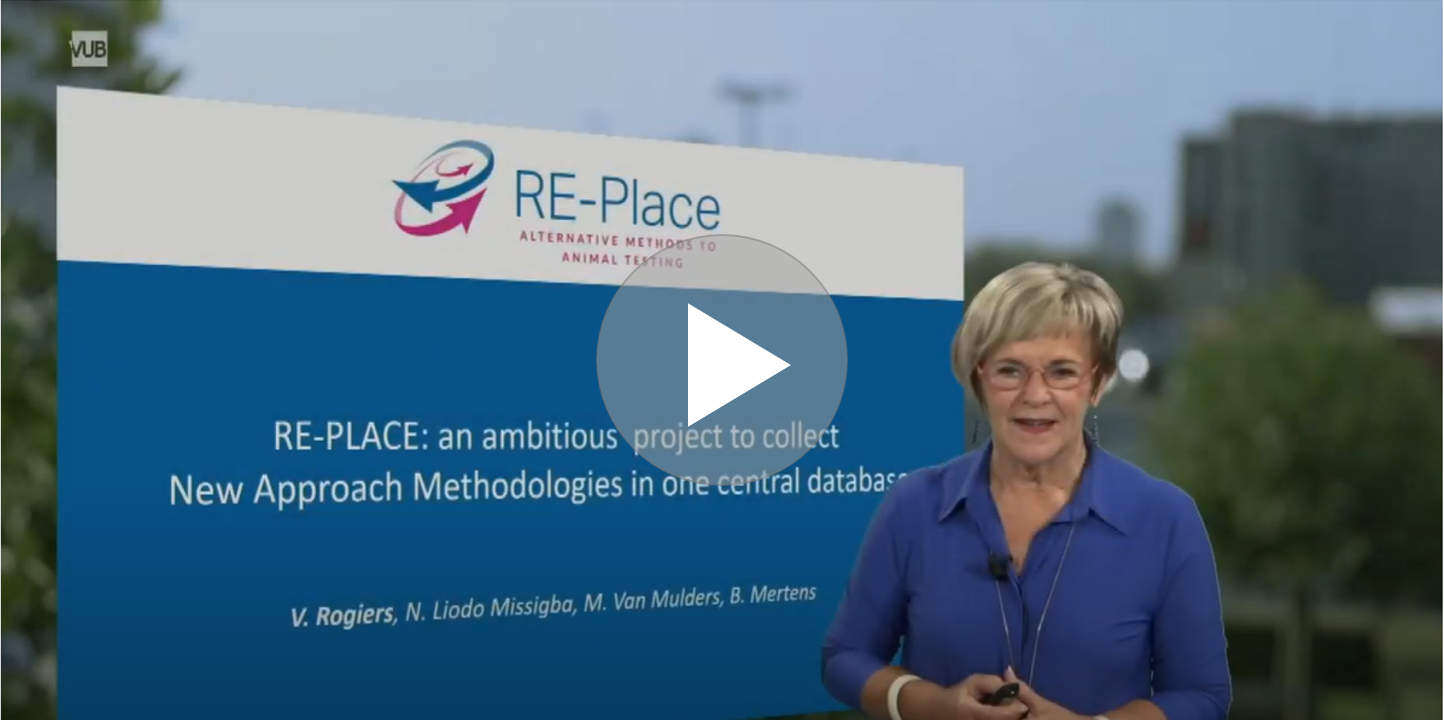In short
Each year, more than 500 000 laboratory animals are used in Belgium for various scientific and educational purposes. However, the use of these animals is challenged due to ethical, economic and scientific concerns. Moreover, the legislation on the use of laboratory animals has become more stringent over the past years.
According to EU Directive 2010/63, animals may only be used for scientific or educational purposes if no alternative is available. This Directive was transposed into the Belgian Royal Decree on the protection of laboratory animals (29 May 2013). This Decree is the responsibility of the Animal Welfare Departments, and is implemented on a regional level. In order to better comply with this legislation, the RE-Place project has been initiated.
Project description
New and innovative technologies continue to be developed across the life sciences. In recent years computer modelling, artificial intelligence, sophisticated cell cultures, organ-on-a-chip and many more technologies have tremendously advanced. These technologies are also referred to as “New Approach Methodologies (NAMs)”.
In regulatory toxicology, NAMs are successfully applied for different endpoints, especially in the field of local toxicity, thereby resulting in the use of less or even no experimental animals. For systemic toxicity, the situation is more complex. The same is true for biomedical research where, despite the availability of cutting-edge technologies at (inter)national level, animal experimentation is needed in most cases. Nevertheless, NAMs play a very valuable role in tackling these scientific queries, both as stand-alone or when combined with animal experimentation.
As the development and practical use of NAMs are continuously evolving, it may be difficult for (young) scientists to find relevant information on NAMs. In order to facilitate access to this type of information, the Flemish government initiated the project “RE-Place” in 2017 which aims to centralize the existing expertise on NAMs in Belgium in one database. Later on, the Brussels government joined this project.
The RE-Place database will not only provide a reliable overview of different NAMs, but also the names of experts and the research centres where these techniques can be learned.
Find out more about the RE-Place project:
Check-out our promovideo:
More information: on RE-Place.be and follow us on our YouTube Channel
Added scientific value :
The RE-Place database will enable scientists from different disciplines (e.g. science, regulation, industry, ethical committees) and life science areas to increase the visibility of their expertise to the government, the scientific community and the public. It will help them to connect with peers and engage in new collaborations.
The database can be used as a practical tool to address questions like: which types of NAMs do currently exist? Is the legislation up to date? What is a realistic vision towards the future? Who can I contact for more information? Which expertise is available in Belgium?
In a later stage, the RE-Place database could be further extended to a broader platform, stimulating the development and use of new techniques, methods and strategies. It could also be used for training and education purposes.
Added value for society:
The RE-Place database is freely accessible. Consequently, not only scientists, but also the general public and other stakeholders are able to consult the database to learn more about the current status of alternative methods to animal testing.
The RE-Place database is fully embedded in the RE-Place website, which also contains more general background information about the project, alternative methods, the 3R Principle, (inter-)national regulations and much more. The RE-Place website is available in Dutch, French and English.
Sciensano's project investigator(s):
Service(s) working on this project
Partners





